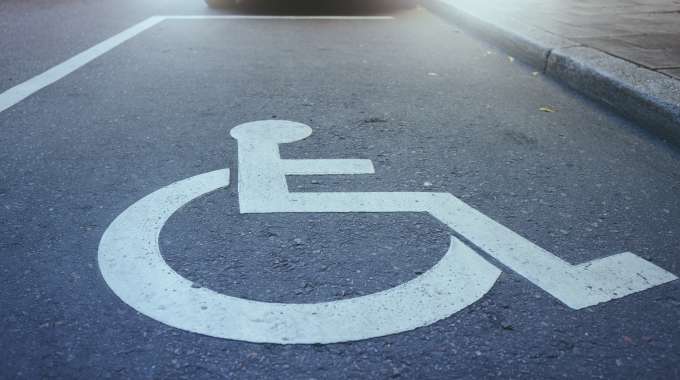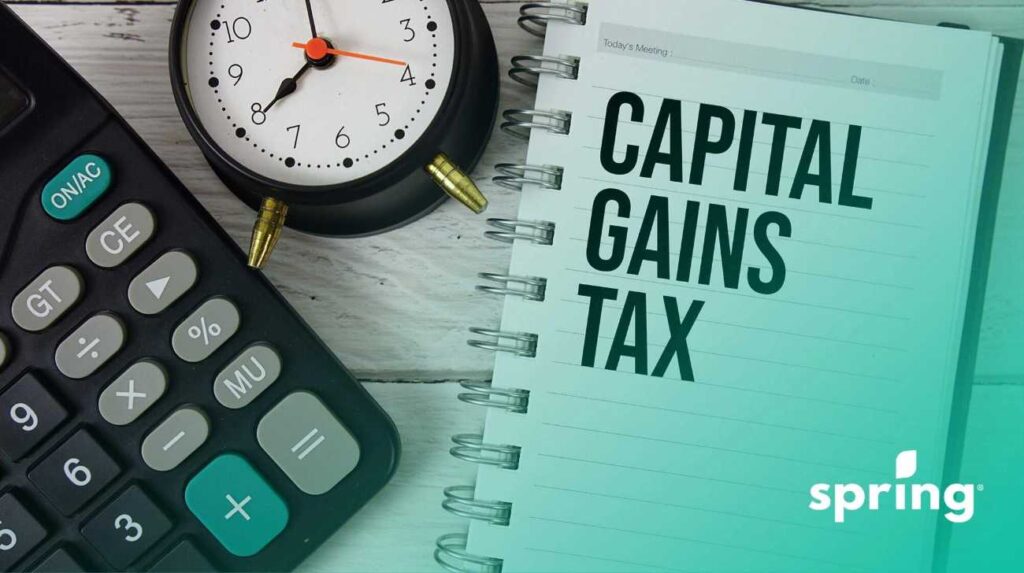This is also considered to be a cash advance, so it’s relatively costly compared to standard credit card transactions.
Cost of Transferring Money from your Credit Card
The cost of transferring money to your account from your credit card is different from a standard transaction. Once the money is transferred from your credit card account, it’s considered to have been taken out as cash and processed as a cash advance.
The Way that cash advances work is that there is no grace period. With standard credit card transactions, there is a grace period where no interest is charged on the purchase. If you pay the funds off right away, then you aren’t charged any interest on the purchase. Cash advances start interest charges as soon as the funds leave the account.
They also tend to cost more since the average cash advance rate is usually around 2% higher than the standard purchase APR. With these, you also incur more debt. So, if you can get away with using your credit card instead of your debit card, it could save you money.
How to Transfer Money from your Credit Card
Transferring money to your bank account can be done in a few different ways. Because the interest rates on cash advances are higher, unlike purchases considered to be standard transactions, it’s usually done to use the funds for a purchase or bill that doesn’t accept credit cards. Here are a few ways you can do so.
Withdraw Funds from an ATM
In order to transfer funds from your credit card to your account yourself, you need to withdraw cash from an ATM. Once that’s done, you can deposit the funds into your bank account. It’s important to remember, though, that the amount you’re allowed to withdraw from your credit card account is based on your available credit limit.
Most credit card providers don’t allow you to withdraw the total amount of available funds using a cash advance. Your specific credit card will have its own cash advance limit.
E-Transfer
Depending on the credit card you have and if it’s prepaid or not, the lender may allow you to send the money to your account via e-transfer, also referred to as an online transfer. Most prepaid credit cards allow you to do this. It doesn’t have to be to your own account, either. You’re able to transfer to someone else’s account as well.
Through Your Bank
Another way to transfer the funds from your credit card to your account is through your local bank branch. While you still have to take out the funds as cash and transfer cash into your account, the teller is able to do that for you right away, and you never actually have to handle the cash.
Bill Payments
Another way some credit card issuers, mostly prepaid cards, allow you to transfer the funds to your account is by having your bank account as a bill payment. This allows for easy transfers from account to account.
Credit Card Cheques
Depending on who your credit card lender is and which card you have, you may be able to get credit card cheques. These are also known as credit card convenience cheques. These personal cheques allow you to make transactions via cheque instead of using your physical card.
If you have a balance transfer credit card, this is a common way to transfer the money from your credit card to your bank account to use or pay off your previous balance on your previous credit card account.
Balance Transfer Credit Cards
Balance transfer credit cards are one of the most common reasons that Canadians transfer funds from their credit card to their bank account. What exactly are they, though? Balance transfer cards are credit cards that offer promotional rates when you transfer your balance from your current credit card to your new balance transfer card.
You have to apply for balance transfer credit cards just like you would for any credit card. How it works is if you’re approved, you can take the funds from the card and pay off the previous card. These cards have a promotional rate of 0% for an allotted amount of time and some transaction fees. As long as you pay off your balance before the promotional period ends, then you can end up saving a lot of money.
It’s also important to note that with credit card balance transfers, there’s no cash advance fee for transferring the funds from your credit card to your chequing accounts. The money is intended to be used to pay off your other credit card, so you follow the promotional interest rate, which is 0%. When this promotional interest rate ends, though, you could end up having higher interest rates and hefty fees.
Sending Money Transfers from Credit Cards
In Canada, you can send money to others using Interac e-transfers. If you’re trying to send money to someone in another country, e-transfer won’t work, but there are plenty of other money transfer options available.
When using money transfer apps to send funds to other parts of the world, you don’t have to use your bank account in order to send the funds. You can use your credit card. If you do this, though, you have to remember that you will have to pay an exchange fee charge that the credit card policy entails. That said, it’s not treated as a cash advance; it’s considered a standard transaction.
Transferring From Credit Cards to the Top 5 Banks
With any of the financial institutions in Canada, including Scotiabank and TD, when you transfer money from a credit card to your bank account, it’s considered a cash advance. The only exception to this is if you’re doing a balance transfer and have been approved from a balance transfer credit card.
Even if you already bank with the same institution where you hold your credit card and aren’t going through a different bank, you still have to take out the cash before it gets transferred to your account. While prepaid credit cards do allow you to transfer funds from your credit account to your bank account, traditional credit cards don’t.
Credit Card Transfers and Your Credit Score
While transferring money from your credit card to your bank account doesn’t directly impact your credit score, the balance you hold on your credit card does. Even if you make all of your monthly payments on time, holding a balance of more than 35% of your available balance can negatively impact your credit score.
As long as your credit utilization ratio falls between 0% and 35% and you make your payments on time, then you’ll see an improvement in your credit score, helping to erase credit history that has negatively affected your credit. It will also reduce your credit card debt.
Final Thoughts
When it comes to transferring funds to your bank account, make sure it makes the most sense before you complete the transaction. You may be able to make the bill payment through your credit card, which would allow you the grace period on the transaction, and you would get a lower interest rate. This isn’t always an option, though.
If you need to transfer funds from your credit card to your account, the simplest way to do so is to withdraw money from an ATM and then deposit the funds in your account. Anytime you make a cash advance withdrawal, though, it’s a good idea to pay it off as soon as possible in order to save yourself the money on interest.
The great thing about the cash advance, though, is if you need to access money, it’s there. If it’s something you end up relying on, though, it may be a good idea to look into a personal loan. While credit card cash advances are better than payday loans in a financial emergency, it’s not the most ideal way to consistently borrow money.









